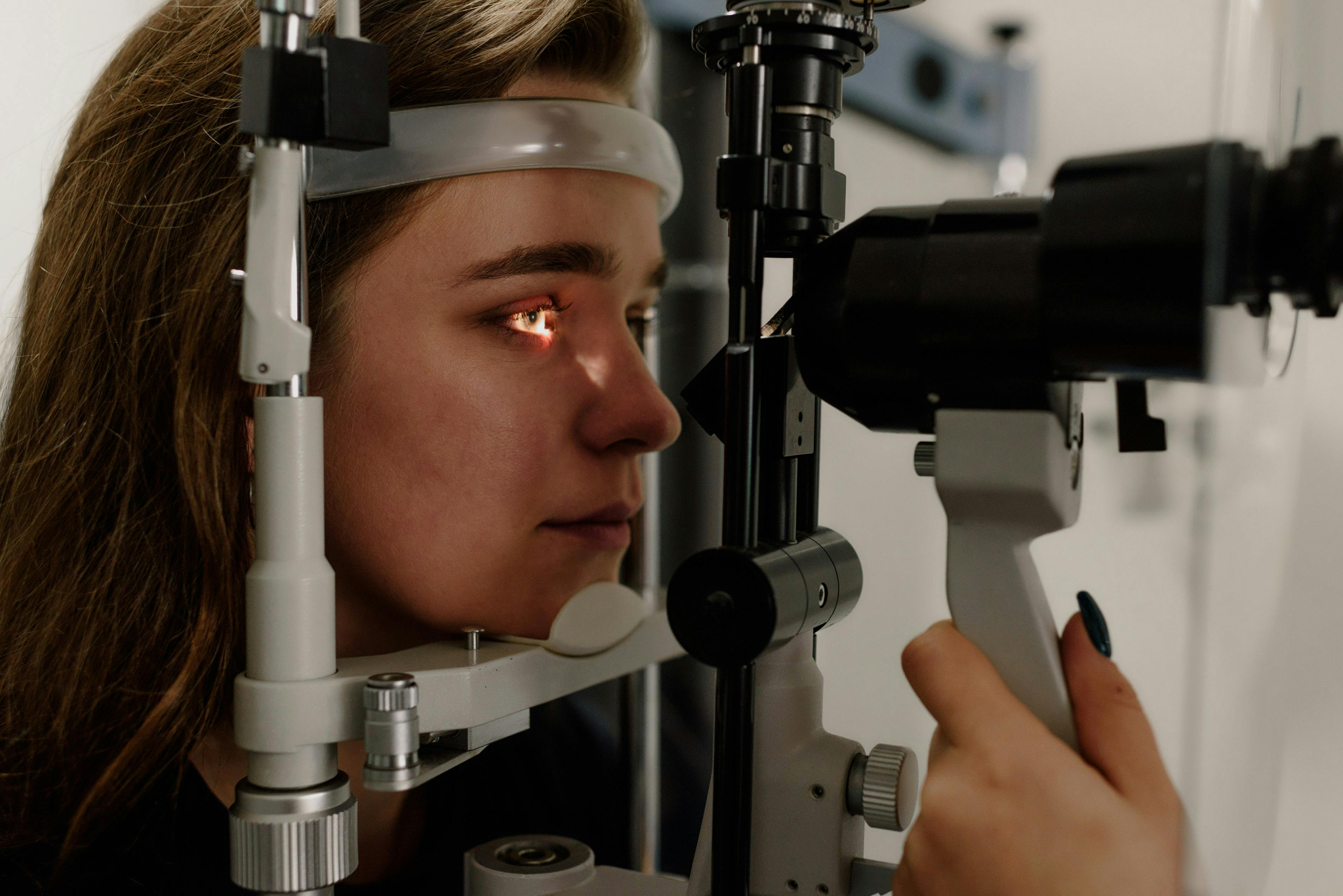Our eyes are windows to the world, but sometimes those windows need a little attention. That’s why regular eye exams with a qualified optometrist are crucial for maintaining good eye health and catching potential problems early on.
Optometrists are trained to diagnose a wide range of eye conditions, some of which are more common than others. What are some eye conditions frequently diagnosed during an optometry visit? You might want to take note of these before you look for optometrists close to you:
Refractive Errors: The Blurry Culprits
Many people experience refractive errors, which means the eye doesn’t focus light properly on the retina. This results in blurry vision, either nearsightedness (difficulty seeing distant objects) or farsightedness (trouble focusing on close objects).
Astigmatism is another refractive error, causing distorted vision at all distances. Thankfully, corrective lenses like glasses or contacts can effectively address these issues.
Presbyopia: Reading Glasses Come of Age
Presbyopia is a natural age-related condition that affects the ability to focus on near objects. This typically occurs around age 40 and makes reading or close-up work challenging. Optometrists can prescribe reading glasses, bifocals or multifocals to help you see clearly at all distances.
Dry Eyes: Discomfort and Irritation
Dry eyes are a common complaint, causing irritation, burning and a gritty sensation. This condition can be caused by environmental factors, tear quality issues or underlying medical conditions. Optometrists can recommend artificial tears, eyelid hygiene strategies or punctal plugs to manage dry eyes and restore comfort.
Eye Infections: Redness with a Cause
Red, itchy and uncomfortable eyes could signal an eye infection. Optometrists can diagnose different types of infections, including conjunctivitis (pink eye) and corneal ulcers. They can prescribe medications like antibiotics or antivirals to fight the infection and alleviate symptoms.
Glaucoma: The Silent Thief of Sight
Glaucoma is a serious eye condition that damages the optic nerve. It’s often called the ‘silent thief of sight’ because it has no initial symptoms. Optometrists can measure eye pressure and recommend treatment options like medication or surgery to prevent vision loss. For surgical interventions, finding the best laser eye surgeon can be crucial for optimal outcomes.
Age-Related Macular Degeneration (AMD): Protecting Your Central Vision
AMD is a leading cause of vision loss in older adults. It affects the macula, the part of the eye responsible for central vision. What optometrists can do is monitor for AMD and recommend lifestyle changes or specialised vitamins to help slow the progression.
Don’t Wait Until Your Vision Clouds Over
Early detection and treatment are key to maintaining healthy eyes and optimal vision. Regular eye exams with your optometrist are an essential part of preventive healthcare. If you experience any changes in your vision, unusual discomfort or persistent eye redness, schedule an appointment right away.
Taking Charge of Your Eye Health
Take that proactive approach to your vision health! Schedule an appointment with your optometrist today to safeguard your precious gift of sight. Keep in mind that healthy eyes are essential for a life filled with vibrant clarity.
Stay in touch to get more updates & news on Essential Tribune !








